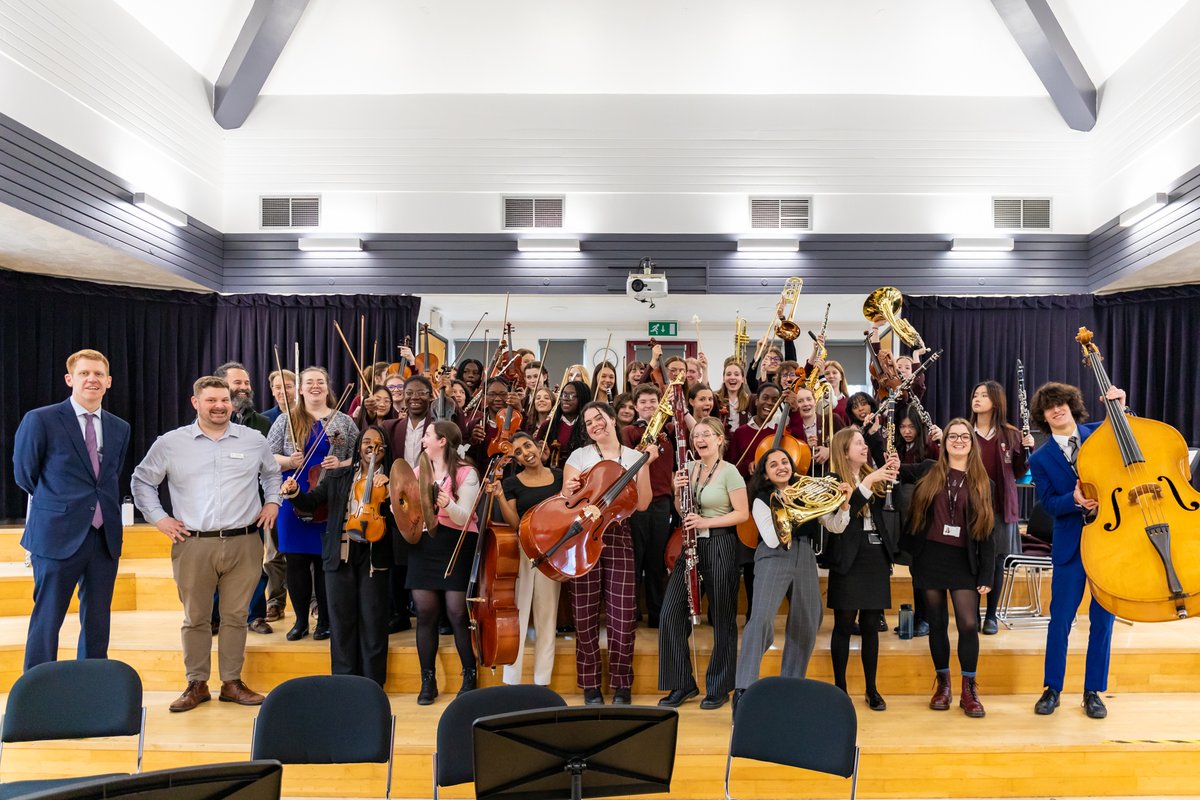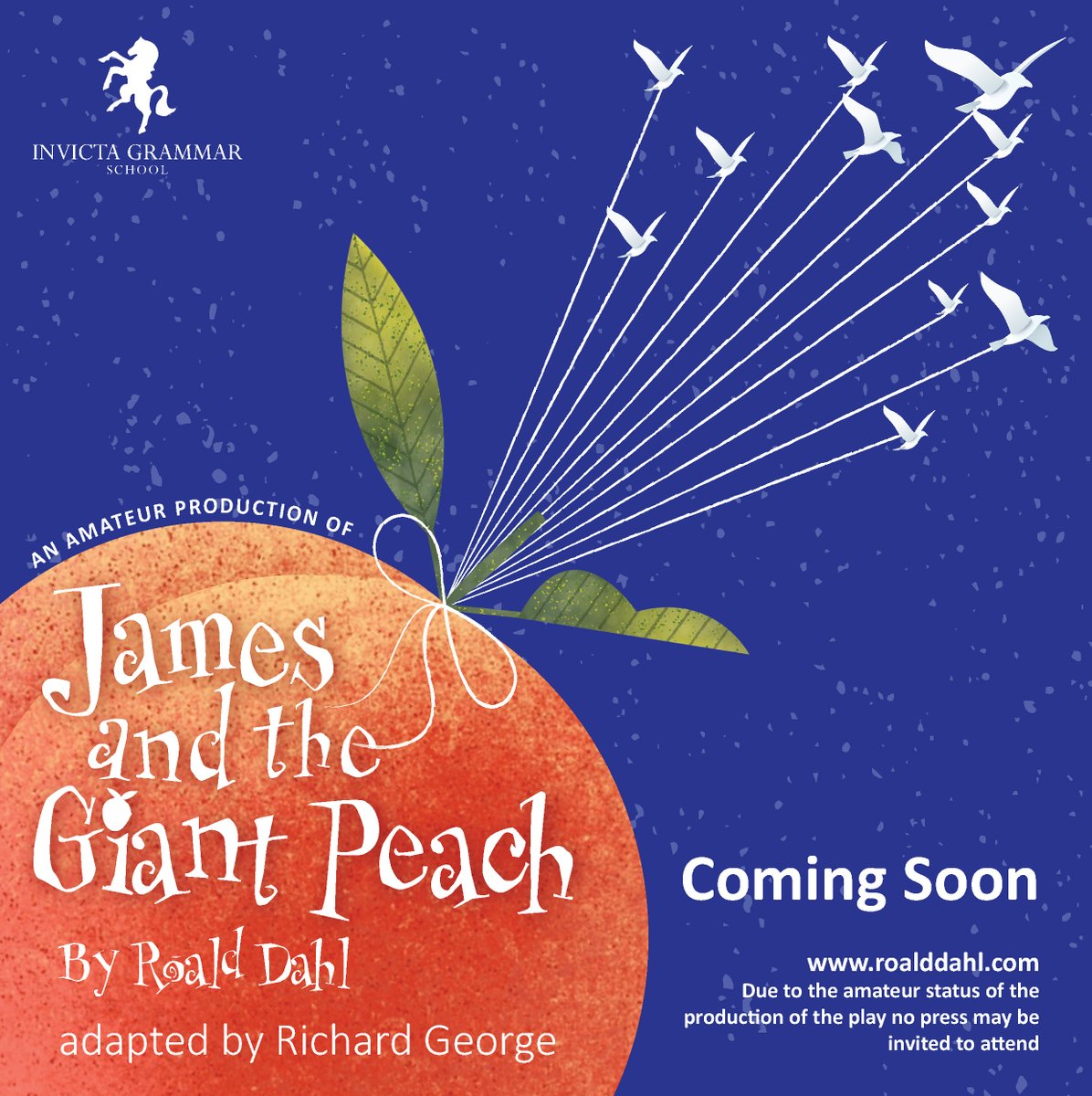Invicta Vlogs
Last week, I thoroughly enjoyed an EPQ tutoring sessions with one of my Year 12 students, who is researching feminism.
Last week, I thoroughly enjoyed an EPQ tutoring sessions with one of my Year 12 students, who is researching feminism. Not only was I extremely impressed with her maturity, but most importantly, I was proud to witness such passion and interest in her study of stereotypes. This led me to think about the findings of a study that recently looked at young children’s attitudes to high-level intellectual ability. The study found that common stereotypes associate notions of brilliance and genius with men more than women. These stereotypes discourage women’s pursuit of many prestigious careers; that is, women are underrepresented in fields whose members value brilliance - such as physics and philosophy. The researchers showed that these stereotypes are endorsed by, and influence the interests of, children as young as 6. Specifically, 6-year-old girls are less likely than boys to believe that members of their gender are “really, really smart.” In addition, at the age of 6, girls begin to avoid activities said to be for children who are “really, really smart.” The findings suggest that gendered notions of brilliance are acquired early and have an immediate effect on children’s interests.
These research findings could certainly be considered as depressing. How much more of a cause for concern they are in a sudden new era of attack upon women's equality of rights, on women's voices, on diversity of race, gender and sexuality is certainly an important consideration. There are too many examples: surrounded by men, Donald Trump began his first week in office with an assault on women's global reproductive rights; women are having to protest in Poland, in Ireland, in El Salvador, in Turkey at attacks on their civil liberties; Russian representatives have just voted through a bill to reduce penalties for domestic violence in order to protect what they see as "family values"; in the UK, a Fawcett Society Report details how nine out of ten female MPs have been the victims of verbal abuse and death threats and one in six regretting ever standing for Parliament. However, in sharp contrast, I was thrilled to see a youngster in the ‘Secret Lives of 5 Year Olds’ refer to the votes of women! So, we live in hope!
Nevertheless, we are reminded daily how fragile the equalities we have perhaps taken for granted in recent years are and how quickly the clock can turn back. Never has it been more important for teachers and parents of girls and young women to encourage them to make their voices heard; to remind them that there should be no limits on the choices they make about themselves and their careers; to support them in speaking out against prejudice and stereotyping. So, as we embark upon a week, where our theme is ‘Be Proactive – forge your own path’, I do hope that our girls will think about the importance of both the past and present emphasis on equality and the undoubtable influence they can have on this. I know that EJ, my EPQ student is doing exactly this and as a result, is a superb role model and product of Invicta! I shall look forward to more of our girls ‘making their voices heard’.




























